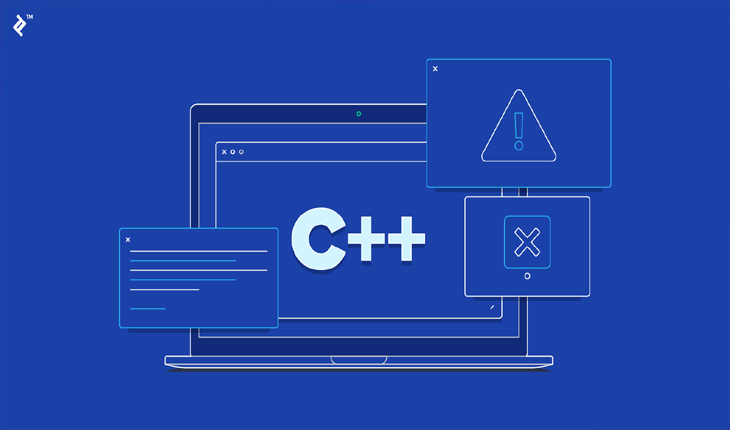Due to its flexibility and quick processing capabilities, the C++ programming language is utilized across various sectors, including web applications, video game creation, operating systems, and scientific and artificial intelligence software. This program will assist you in mastering the fundamentals of C++ and provide practical experience for developing your own applications and interacting with computer memory. C Programming Online Course for free With Certificate
Taking a C++ course provides a structured way to learn the language thoroughly. This can help you understand the fundamentals and advanced concepts in a systematic manner.
By following a comprehensive C++ course, learners can gain a strong foundation in programming principles, data structures, algorithms, and object-oriented programming. This structured approach enables individuals to progress from basic syntax to more complex topics with guided exercises and projects, allowing for a deeper understanding of C++ and its applications across various domains.
Additionally, a structured C++ course can provide hands-on experience through coding exercises and projects, which are essential for reinforcing theoretical knowledge and building practical skills. By working on real-world projects, learners can apply their understanding of C++ concepts to solve problems and develop software applications. This practical application of knowledge helps solidify learning and prepares individuals for real-world scenarios in software development and engineering roles.
Furthermore, a comprehensive C++ course often includes opportunities for learners to engage with a community of peers and instructors, fostering collaboration, networking, and ongoing support. This sense of community can enhance the learning experience by providing avenues for discussion, feedback, and mentorship, ultimately helping individuals deepen their understanding of C++ and stay motivated throughout their learning journey. C Programming Online Course for free With Certificate
C++ Course Outline
Section 1 – Getting Started
- Object-Oriented Fundamentals
- Programming Paradigms
- Conquering Complexity
- C++ Basics
- Built-in Types, Arrays and Pointers
- Comments, Keywords, I/O Streams
- Built-in Operators and Control Constructs
- Dynamic Free Store Operators
- C++ Functions
- Definition and Prototypes
- Inline Functions
- Structures and References
Section 2 – Classes and Objects
- Encapsulation
- Data Members, Member Functions
- Private and Public
- Constructors and Destructors
- Default Arguments
- Storage Allocation and Deallocation
thisPointer- Copy Constructors
Section 3 – Overloading
- Overloading Functions
- Overloading Operators
- Unary and Binary Operators
- Initialization vs. Assignment
- Stream Input and Output
Section 4 – Polymorphic Programming
- Inheritance
- Public Inheritance and Subtyping
- Base and Derived Classes
- Constructors and Destructors
- Base Class Initialization
- Using Protected keyword
- Virtual Functions
- Base Class Pointers and References
- Dynamic Binding
- Abstract Base Classes
- Pure Virtual Functions
- Virtual Destructors
Section 5 – Code Reuse in C++
C++ is a powerful programming language known for its efficiency and flexibility. It allows for both high-level programming with features like classes and objects, as well as low-level manipulation of memory. This versatility makes C++ a popular choice for developing applications that require both speed and control over hardware resources.
C++ is commonly used in a variety of applications such as system software, game development, and real-time applications like embedded systems. Its ability to directly interact with hardware and manage memory allocation efficiently makes it a preferred language for building performance-critical software. Additionally, C++’s rich standard library provides developers with a wide range of tools to tackle complex programming tasks effectively.
C++ is also favored for its portability across different platforms, making it a versatile option for developers looking to create software that can run on various operating systems. Its strong typing system and support for object-oriented programming allow for the creation of robust and scalable applications. Furthermore, the language’s compatibility with other programming languages and its extensive use in industries like finance and telecommunications highlight its importance in the software development landscape.
The performance optimization capabilities of C++, such as its support for inline functions and efficient memory management, are particularly beneficial when developing applications that require high processing speeds and minimal overhead. This is why C++ is often chosen for projects that demand real-time performance, like financial trading systems and high-frequency trading platforms. Additionally, the language’s ability to handle low-level programming tasks makes it well-suited for developing device drivers and operating systems, where direct interaction with hardware is essential. C Programming Online Course for free With Certificate

